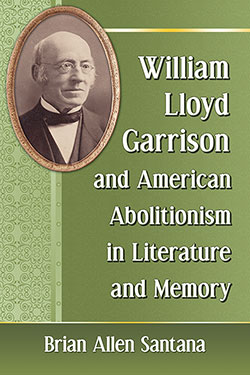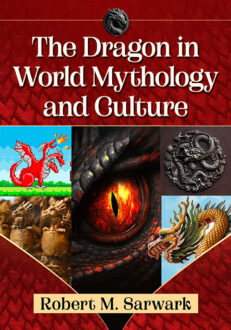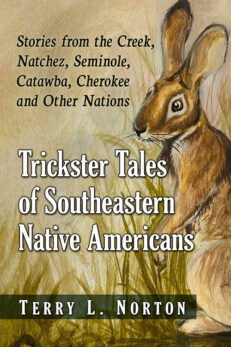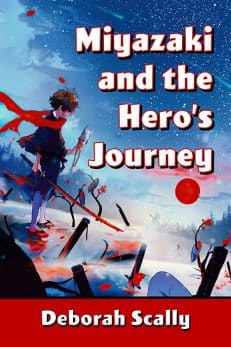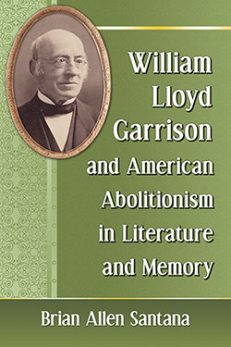William Lloyd Garrison and American Abolitionism in Literature and Memory
$39.95
In stock
About the Book
For nearly 150 years, William Lloyd Garrison, founder of the famed antislavery newspaper The Liberator, has been represented by scholars, educators, politicians and authors as the founder of the American abolitionist movement. Yet the idea that Garrison was the leader of a coherent movement was strongly contested during his lifetime. Drawing on private letters, diaries, newspapers, novels, memoirs, eulogies, late 19th century textbooks, poetry and monuments, this study reveals the dramatic social and political forces of the postwar period which transformed our perceptions of Garrison, the abolitionist movement and the first histories of the Civil War.
About the Author(s)
Bibliographic Details
Brian Allen Santana
Format: softcover (6 x 9)
Pages: 212
Bibliographic Info: notes, bibliography, index
Copyright Date: 2016
pISBN: 978-0-7864-9828-4
eISBN: 978-1-4766-2452-5
Imprint: McFarland
Table of Contents
Acknowledgments ix
Introduction: William Lloyd Garrison and the Birth of American Abolitionism in History and Popular Culture 1
1. The Construction and Evolution of Garrisonian Narratives of Abolitionist Sacrifice in Antebellum America, 1834–1857 25
2. Commemorating Garrison: Origins of the Garrison Revival in Post-Bellum American Memory, 1867–1910 56
3. “For Future Generations”: Garrison’s Children, Massachusetts Educational Reform and the Institutionalization of the Garrison Narrative in Boston Schools, 1880–1922 88
4. Ross Lockridge’s Raintree County: American Abolitionism as Epic Origin Narrative 117
Epilogue: William Lloyd Garrison in the Mid–20th Century and Beyond 153
Chapter Notes 157
Bibliography 187
Index 199
Book Reviews & Awards
“This book is important in that it turns our attention to the way Northerners…especially New Englanders…constructed memories of the Civil War era…a thought-provoking addition to the literature on memory”—Civil War News.

